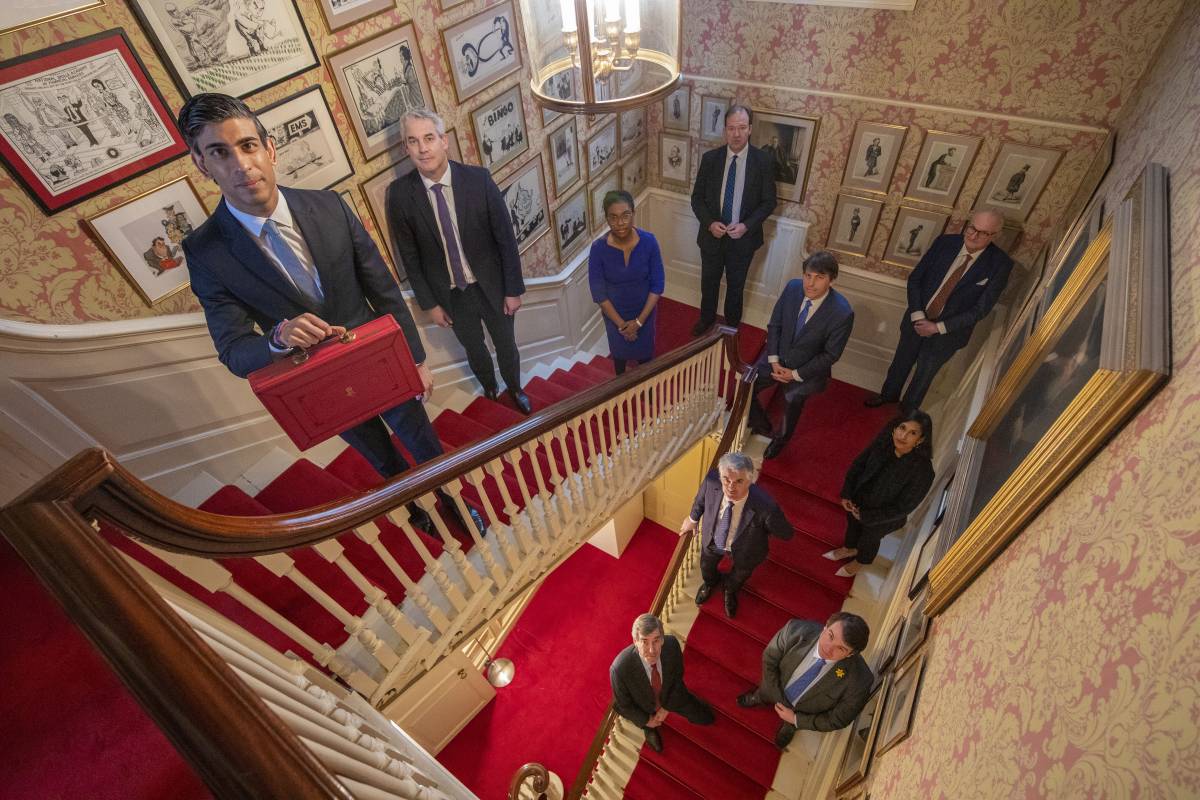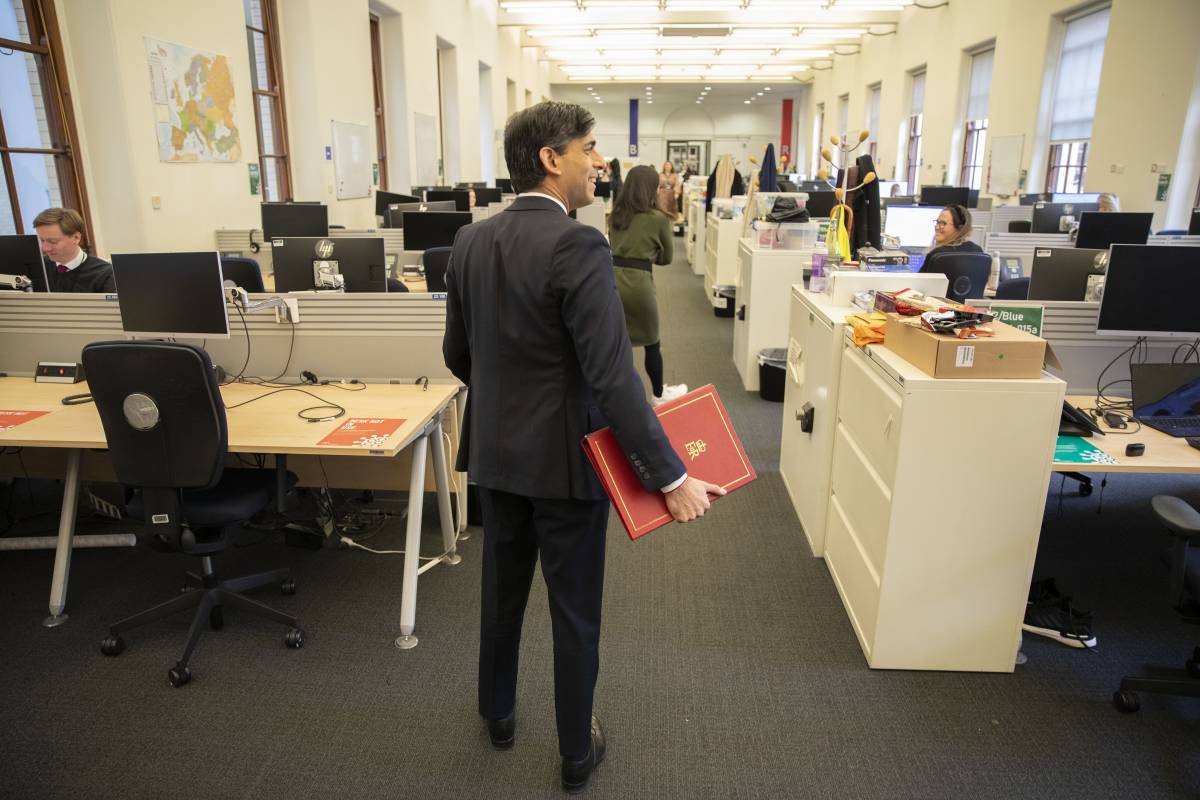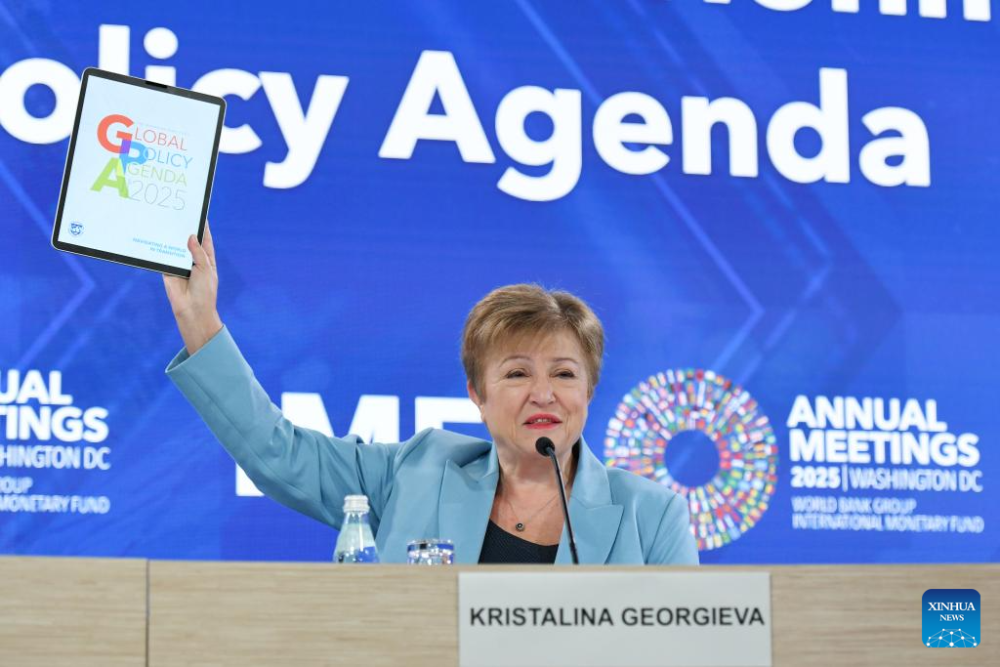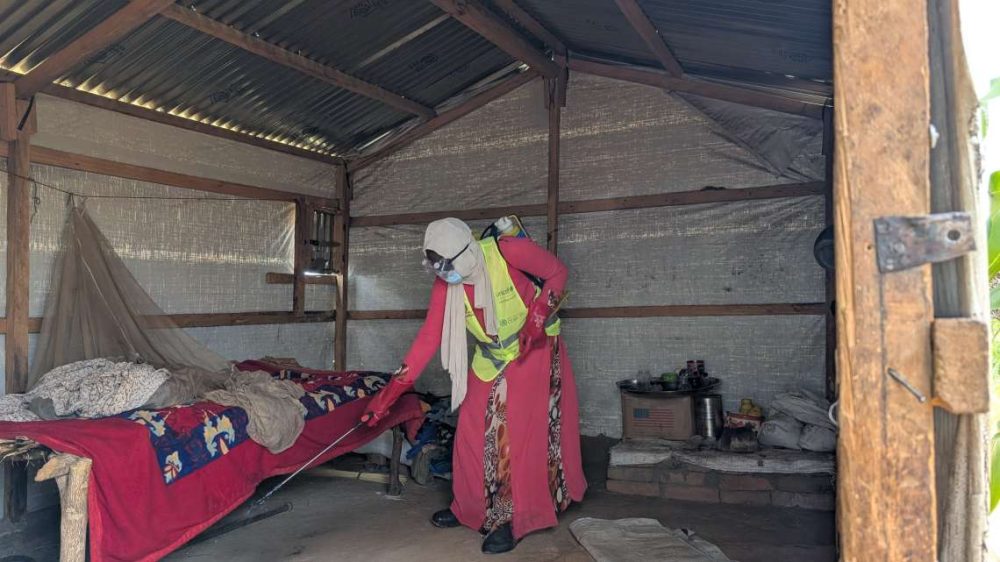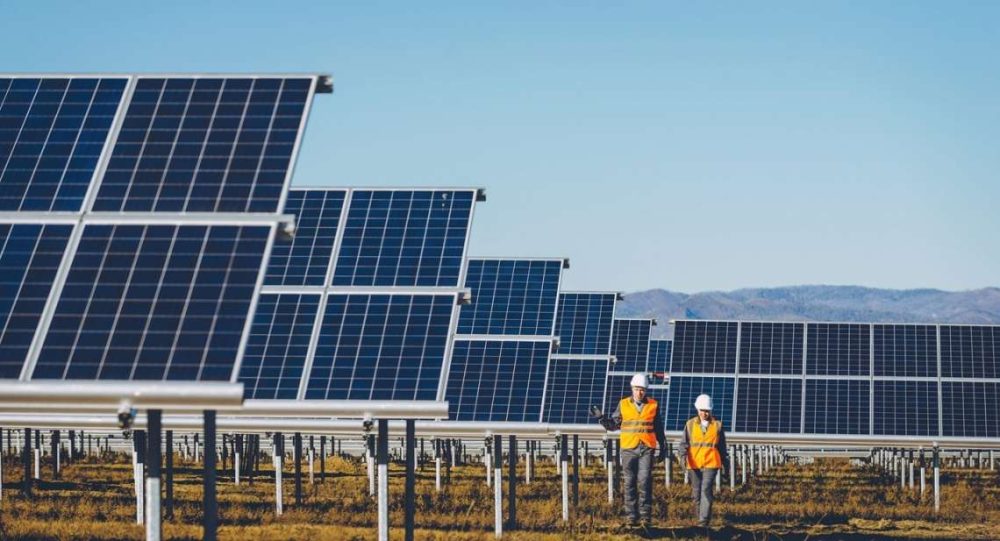Says he is increasing business tax and freezing income tax thresholds in a bid to repair the UK’s damaged economy, reports Asian Lite News
Chancellor Rishi Sunak pledged additional £65 billion to support Britons through to the end of lockdown and beyond, but said he would also need to start clawing back some of the £407 billion that has been spent in total during the pandemic.
Unprecedented levels of spending cannot continue, the chancellor warned, telling MPs he must be “honest” about how he plans to balance the books.
The starting point for paying income tax will increase to £12,570 in April but will stay at that level until April 2026, meaning more people will be dragged into paying tax as wages increase.
“The higher rate threshold will similarly be increased next year, to £50,270, and will then also remain at that level for the same period,” the chancellor said, meaning more people will eventually be in the highest bracket.
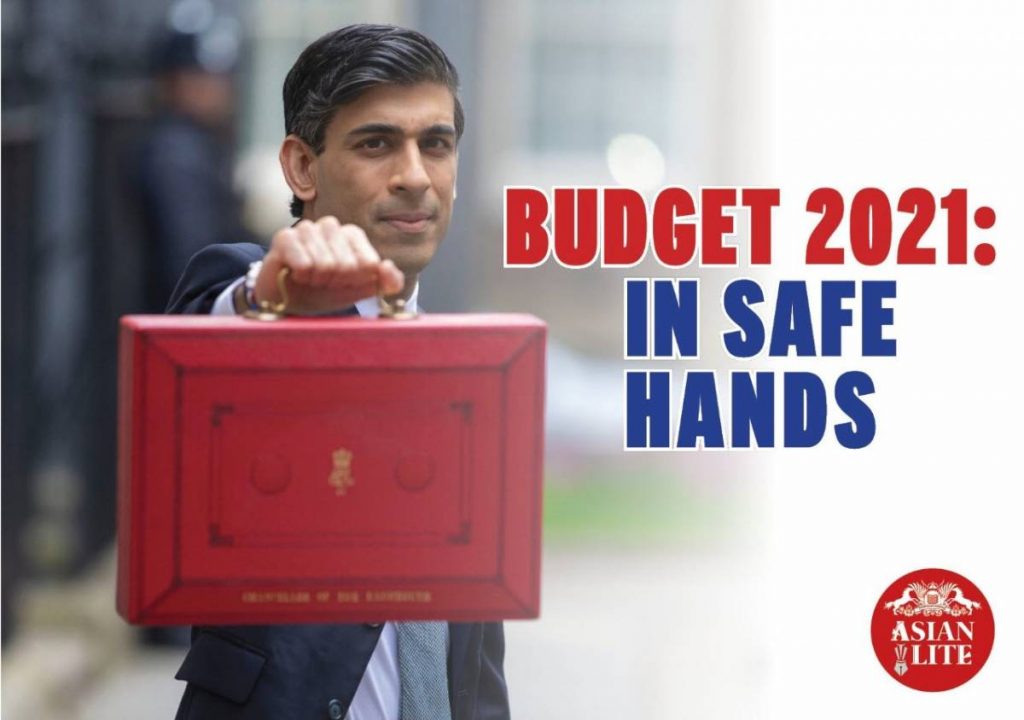
Sunak said people’s take home pay will not decrease because of the policy change, but said it does remove the incremental benefit created had thresholds continued to increase with inflation.”
The Office for Budget Responsibility (OBR), a government body set up to provide independent economic forecasts, said the move to freeze income tax thresholds will bring 1.3 million people into the tax system and create one million higher rate taxpayers by 2025-26.
In a bid to protect the poorest households, he said there would be no increase to income tax, national insurance or VAT.
Corporation tax will increase from 19% to 25% in 2023, Sunak said.
Also read:‘UK lockdowns take heavy toll on mental health’
The OBR said the corporation tax rise will raise 3.2% of GDP in revenue by 2025-26 – its highest since 1989-90.
A new “small profits rate” will maintain the 19% rate for firms with profits of £50,000 or less – meaning around 70% of companies – 1.4 million businesses – will be “completely unaffected” by the tax hike.
Sunak said this will help protect small business owners, while reclaiming more in profit from the biggest firms.
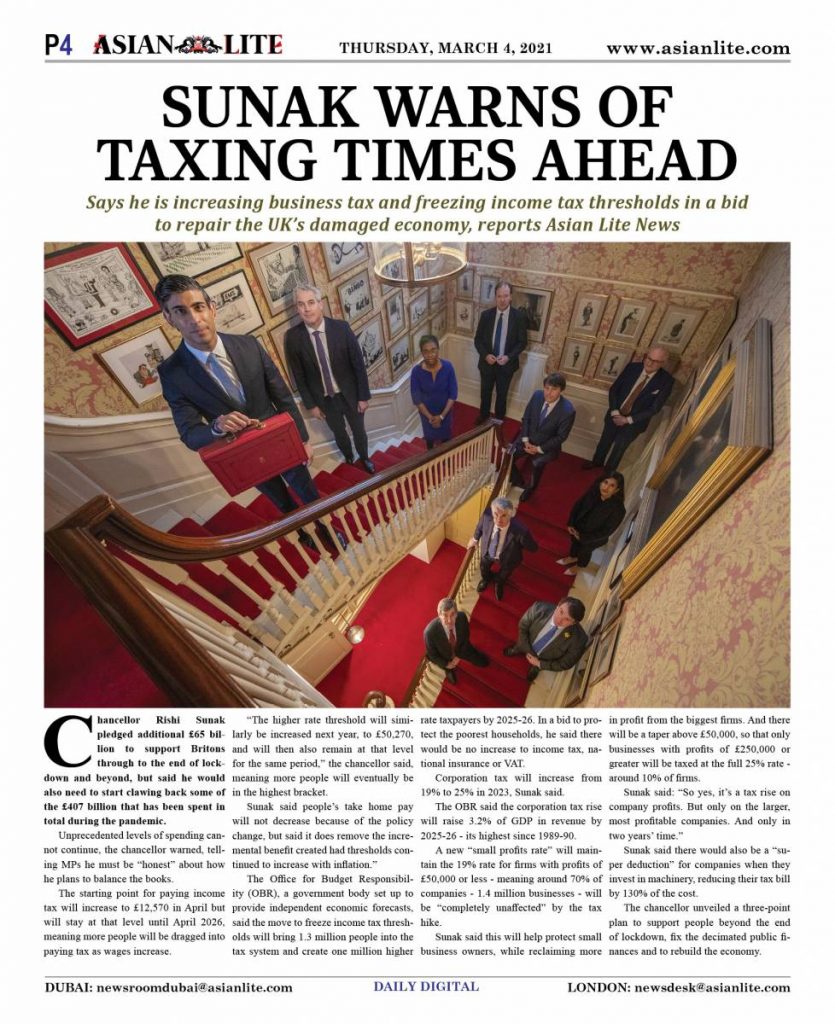
And there will be a taper above £50,000, so that only businesses with profits of £250,000 or greater will be taxed at the full 25% rate – around 10% of firms.
Sunak said: “So yes, it’s a tax rise on company profits. But only on the larger, most profitable companies. And only in two years’ time.”
Sunak said there would also be a “super deduction” for companies when they invest in machinery, reducing their tax bill by 130% of the cost.
The chancellor unveiled a three-point plan to support people beyond the end of lockdown, fix the decimated public finances and to rebuild the economy.
Also read:Eight freeports announced for UK


